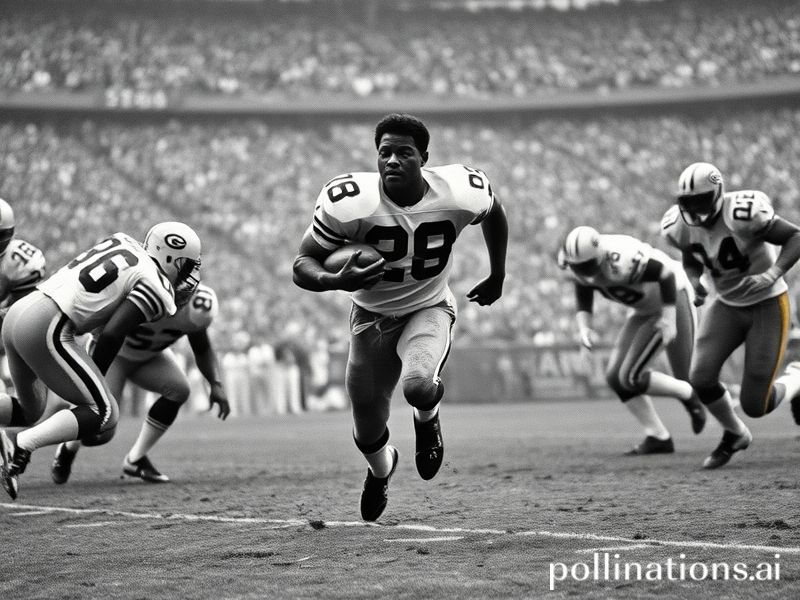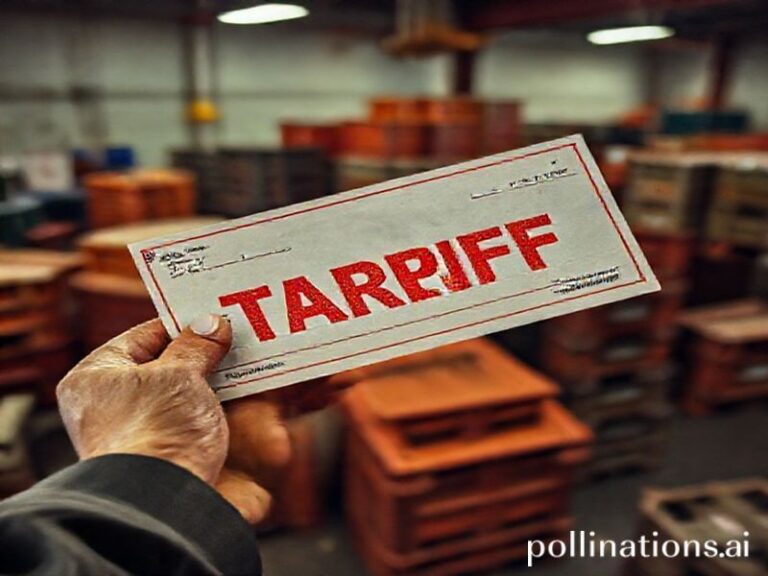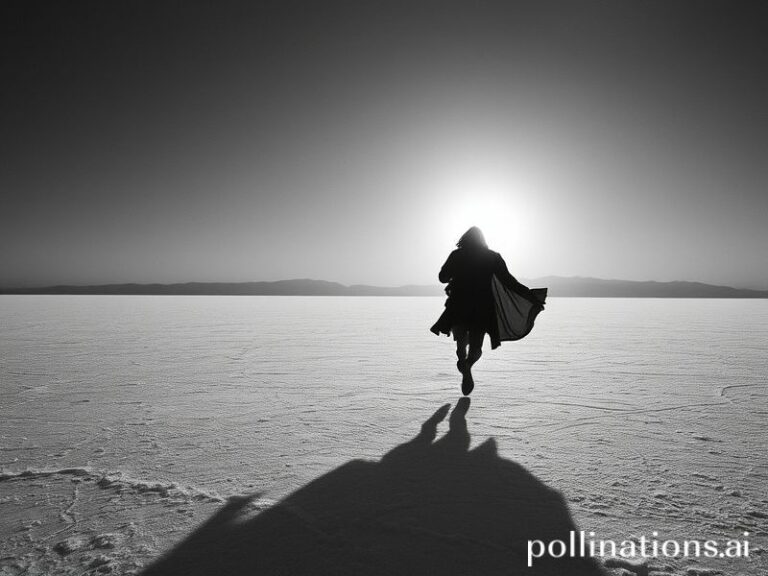How a Dead NFL Legend Became the World’s Most Unlikely Soft-Power Asset
Walter Payton, the Chicago Bears’ spectral tailback, has been dead for nearly a quarter-century, yet the planet keeps spinning him into fresh geopolitical relevance—an irony the man himself, forever self-deprecating, would have appreciated. From Lagos to Lahore, his highlight reels still flicker on cracked phone screens, soundtracked by lo-fi trap beats and the universal sigh of people wondering why their own governments can’t juke half so gracefully. Payton’s stiff-arm, after all, was more reliable than most passports; it cleared holes through which whole diasporas still try to sprint.
Consider the global supply chain of grief: when Payton died in 1999, the NFL’s international footprint was a polite afterthought, a handful of preseason exhibitions in Tokyo and Mexico City where confused locals politely wondered why the gladiators kept stopping to huddle. Today the league mails regular-season games to London, Munich, and São Paulo like Amazon Prime packages nobody asked for. Every overseas stadium is now contractually obligated to play a sepia-toned montage of Payton high-stepping past the Cowboys, an imperial nostalgia project disguised as halftime entertainment. Somewhere in Berlin, a Bavarian hipster wearing a Mitchell & Ness throwback—price tag still dangling like a surrender flag—nods solemnly at the screen, mistaking irony for history.
The broader significance, if we must be tediously honest, is that Payton became the first American footballer to transcend mere sport and enter the murky realm of soft power. Not through bluster or brand deals, mind you, but by dying of a rare liver disease that made him the poster patient for organ donation worldwide. Suddenly ministries of health from Jakarta to Johannesburg discovered they had a use for a dead running back: slap his face on a billboard, promise citizens that registering as donors is as heroic as a 75-yard touchdown run, and presto—public-service campaigns write themselves. Bureaucrats love a narrative that already has a beginning, middle, and tragic end; it saves them from inventing one.
Meanwhile, the actual Chicago neighborhood where Payton learned to dodge bullets and linebackers—Columbia, Mississippi exported to the South Side—has spent decades perfecting the art of municipal neglect. City Hall’s latest redevelopment plan proposes renaming a stretch of cracked asphalt “Sweetness Way,” presumably so Uber drivers can mispronounce it while speeding past shuttered schools. International development experts who’ve never seen snow nod approvingly from Zoom panels, ticking the box labeled “community legacy.” The irony is thicker than deep-dish: the man who once ran for 275 yards in a single game can’t outrun urban planners armed with PowerPoint.
Across the Pacific, Chinese streaming platforms curate NFL “classics” for an audience that treats American football as exotic as kabuki theater. Payton’s 1977 game against Minnesota—where he refuses to leave despite a 101-degree fever—has garnered 12 million views under the hashtag #NeverQuitBoss, repurposed by tech bros as motivational content for burnt-out coders pulling 996 shifts. Somewhere in Shenzhen, a kid who’s never touched a pigskin internalizes the lesson that destroying your body for corporate glory is heroic rather than, say, evidence of catastrophic labor laws.
And in the refugee camps outside Cox’s Bazar, Rohingya boys fashion makeshift footballs from plastic bags and rubber bands, calling every broken-field scamper “doing a Payton,” unaware that the original spent his off-seasons funding orphanages and insisting on hand-written thank-you notes. Humanitarian NGOs distribute grain sacks printed with his silhouette; the sacks get reused as everything from rain ponchos to wedding decorations. Even in displacement, there is branding.
So what, you ask, is the worldwide implication of a deceased halfback whose signature move was the “stutter step”? Simply this: in an era when nations weaponize nostalgia and export curated memories like soybeans, Payton’s ghost sprints through every firewall, a reminder that grace under existential threat is still the rarest commodity on the market. The planet keeps collapsing into smaller, meaner fragments, yet somewhere a child who’s never heard of Illinois mimics that upright, elegant stride—hoping, against all evidence, that the next hole opens onto something better.







